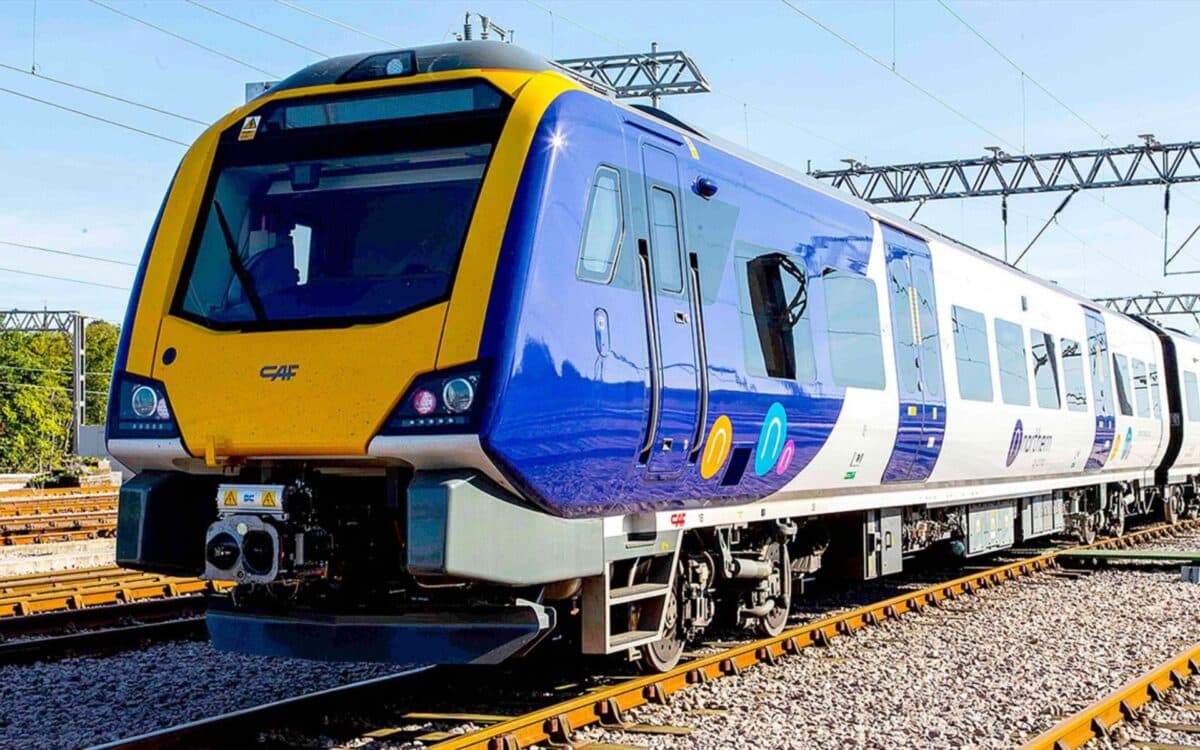Train disruptions have struck Northern Rail’s network, impacting passengers across vital routes. Cancellations, attributed to staffing shortages, have left certain stations without any service, forcing travellers to seek alternative arrangements.
While efforts have been made to mitigate the chaos with replacement buses and flexible ticketing, many commuters face delays and extended travel times. This situation raises questions about operational preparedness and the challenges of maintaining consistent rail services.
The Scope of the Disruptions
Train cancellations have caused widespread inconvenience, affecting daily commuters and weekend travellers alike. The situation has sparked frustration among passengers who depend on these services for reliable transport, raising questions about the network’s resilience in managing staffing challenges.
Routes and Regions Affected
Northern Rail has seen significant cancellations across its network, with key routes such as Leeds to Preston and Blackpool South to Colne being heavily impacted. These disruptions have left some smaller stations, particularly in East Lancashire, without train services for the day.
- Stations in East Lancashire have been left with no operational services.
- Travellers on the Leeds-Preston route face overcrowded trains due to reduced schedules.
The lack of connectivity has posed challenges for passengers relying on the network for regular commutes or weekend travel.
Alternative Travel Options
To address the issues, Northern has implemented measures to assist passengers stranded by the disruptions. These include:
- Replacement buses: Operating on selected routes, such as the service departing Hebden Bridge at 11:15 PM, covering multiple stops.
- Ticket flexibility: Passengers can use their Northern tickets on TransPennine Express or LNER services at no additional cost.
Despite these efforts, long travel times—such as a four-hour bus ride from Colne to Blackpool South—have added frustration for many commuters.
Underlying Causes and Future Challenges
The disruptions have caused significant inconvenience for daily commuters, weekend travellers, and those relying on rail services for essential journeys. With limited alternatives and extended travel times, passengers are left frustrated and uncertain about future reliability.
Reasons Behind the Cancellations
The primary cause of these disruptions is the availability of crew members, particularly on Sundays. Staffing shortages on this day have made it difficult to maintain a full schedule, resulting in significant service reductions.
- Northern Rail has cited crew shortages as the primary factor.
- Sundays are especially affected, as fewer crew members are scheduled to work.
This recurring issue highlights a broader challenge in ensuring adequate staffing levels to support reliable rail services.
Implications for Service Reliability
The impact of these disruptions has sparked concerns over Northern’s ability to deliver dependable service. Prolonged cancellations not only inconvenience passengers but also risk damaging public trust in the network.
- Prolonged issues could erode passenger confidence.
- Regional authorities may demand improved operational planning to prevent future disruptions.
The situation underscores the importance of addressing staffing shortages and refining contingency plans to maintain service continuity.
Finding Solutions for the Future
Efforts to prevent similar disruptions in the future will require a comprehensive approach. This may involve:
- Reviewing crew schedules.
- Enhancing recruitment efforts.
- Improving communication with passengers during service interruptions.
Reliable public transportation is vital for regional connectivity and economic activity, making these measures essential for long-term stability.









